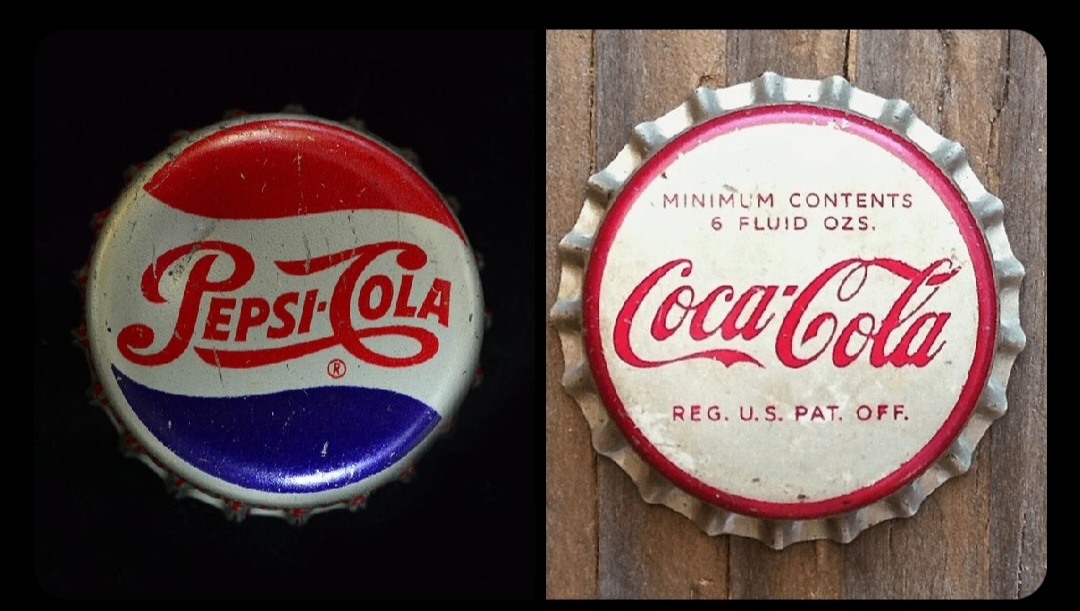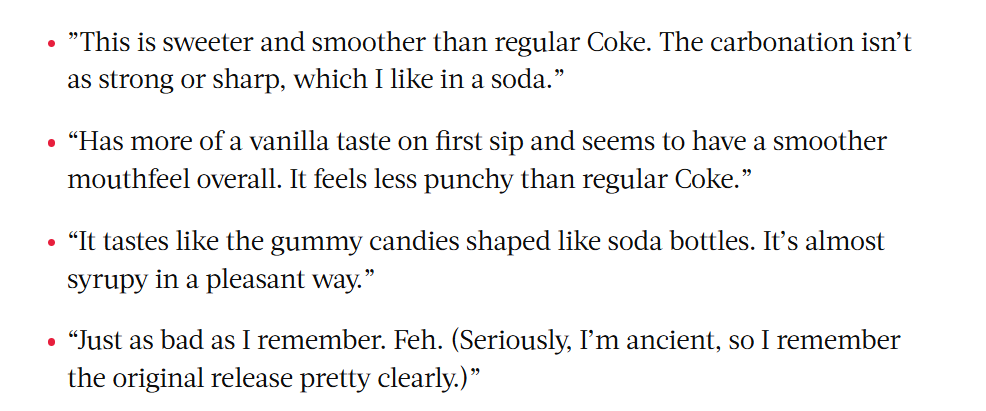LET YOUR BRAND BE STRONGER THAN YOUR PRODUCT: LESSON FROM COKE AND PEPSI TO ALL BRAND OWNERS
Published Date:
Oct 26, 2024
Last Updated:
The biggest marketing rivalry in history statrted in 1975, Pepsi and Coca-Cola went head-to-head in the greatest marketing battle in history.
Pepsi ran shocking blind taste tests, showing people preferred the taste of Pepsi to Coke.
But what Coca-Cola did in response nearly destroyed Coke forever.
It started with Pepsi getting crushed in the market.
Coca-Cola's empire seemed untouchable. Their distribution was unbeatable. Their brand was everywhere.
But Pepsi's marketing team noticed something interesting...
When people couldn't see the labels, they actually preferred Pepsi's taste.
Show them the Coca-Cola logo? They chose Coke every time.
This small insight sparked an idea that would change everything...
The Pepsi Challenge was born.
Pepsi's team went to shopping malls across America. Two unmarked cups. Cameras rolling.
Everyone could see what happened when the labels disappeared.
And the results shocked the nation:
Pepsi was winning. And the numbers proved it:
Their market share jumped from 6% to 14% wherever the challenge ran.
By 1979, they'd closed the gap: Pepsi held 17.9% of the market to Coke's 23.9%.
The giant was bleeding. For the first time ever, Coca-Cola looked vulnerable...
So Coca-Cola made the worst comeback.
Their response?
A devastating miscalculation.
They ran their own taste tests - over 200,000 of them, bought into the idea of Pepsi; their enemy.
The results confirmed their worst fear: people really did prefer Pepsi's sweeter taste.
But what happened next was even more shocking:
April 23, 1985: Coca-Cola announced they were changing their 99-year-old recipe.
"New Coke" was born — and the public reaction was beyond anything they could have imagined.
The phones at Coca-Cola exploded: 10,000 angry calls per day, up from their usual 400.
One man, Gay Mullins, spent $100,000 of his own money to form "Old Soda Drinkers of America" and organize protests.
America wasn't just angry. They felt betrayed. Why?
Because Coke had built more than just a drink.
They'd bottled memories of first dates and family gatherings. Long summer afternoons and American tradition.
People weren't just losing a taste.
They were losing a part of themselves. Eventually:
After 79 days of chaos, Coca-Cola admitted defeat.
On July 11, 1985, Peter Jennings interrupted General Hospital to break the news:
The old Coke was coming back as "Coca-Cola Classic."
Then something unexpected happened:
The public forgave them instantly.
Sales of Coca-Cola Classic exploded. The outcry had revealed something powerful:
People didn't just like Coca-Cola. They loved it. They'd fight for it.
The brand was stronger than the product itself.
This changed marketing forever.
Strong brands create emotional defenders. When people trust you, they forgive your mistakes. They choose you over competitors.
They become lifelong advocates.
But here's what fascinates me most:
Today's brand battles look completely different.
They're not won with TV ads or taste tests. They're won through authentic content and personal connections.
KSI's energy drinks. Emma Chamberlain's coffee. Campus Market TV stores. Face of Uniabuja TV.
The game has fundamentally changed. So
If you're a founder or a brand owner today, your personal brand is your Coca-Cola recipe.
It's what makes you unique. What builds trust at scale.
Your audience becomes your defenders - just like Coke's customers in 1985...
Don't turn to your left or to your right for help, let your brand and customers defend you.

 Sinach
Sinach






